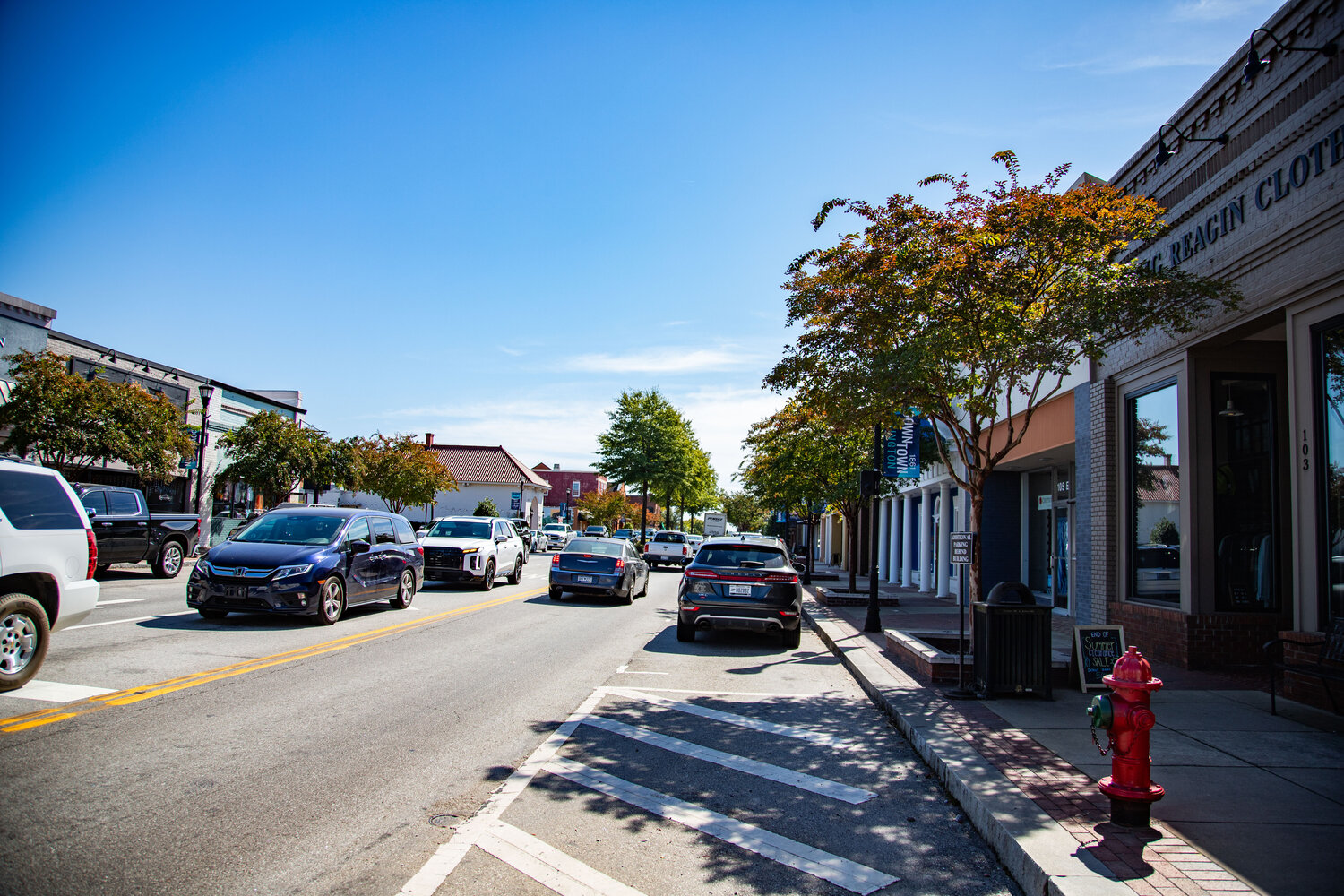Lexington makes changes to impact fees, looks for business feedback
The Town of Lexington is making changes to the fees businesses will have to pay moving forward.
This item is available in full to subscribers.
Subscribe to continue reading. Already a subscriber? Sign in
Get 50% of all subscriptions for a limited time. Subscribe today.
Please log in to continueNeed an account?
|
Lexington makes changes to impact fees, looks for business feedback
The Town of Lexington is making changes to the fees businesses will have to pay moving forward.
During its regular Dec. 4 meeting, Lexington Town Council unanimously voted to make two amendments to their current impact fee ordinance, which levies expenses on property owners to pay for infrastructures made necessary by the changes they are bringing to the community.
The first amendment excuses temporary businesses who will be in their spot for less than 365 days from having to pay impact fees, making it to where new businesses won’t be hit with the fees until they hit 366 days.
The second amendment states that structures that were unoccupied when the ordinance was implemented in February 2020 will be given credit for the most recent or highest use that structure had.
According to Assistant Town Administrator Stuart Ford, new construction or redevelopment of a piece of property would trigger an impact, while changing the use of a property can trigger one as well if the new use is expected to create additional traffic, trips or road use. He added that traffic was one of the main ways impact is determined.
“If the use changes and you go from a low use a low impact business to a higher impact than you would pay an impact fee,” Ford said. “For example, if a shoe store becomes a drive thru restaurant, the drive thru restaurant is expected to have a lot more traffic than a shoe store or an office building.”
When it comes to the impact fee itself, there is some disagreement about its application.
Council Member Gavin Smith, elected in May, said that while he believes the fees are a tool to help ensure that the town is developing responsibly, he supports the fees going toward home developers.
“I do not believe that the small mom-and-pop restaurant or the small businesses wanting to come to Main Street should bear the burden of substantial impact fees that are certainly a barrier to entry to doing business, not only in general, but in the Town of Lexington,” Smith said.
The council member said he supports the fee being reevaluated, telling the Chronicle that the town needs to go back and understand what fees they have collected to date and what types of business has had to pay an impact fee, with town staff talking to businesses to get a better grasp of what impact the fees have on people looking to open a business in Lexington.
Will Allen, a local business owner voted on to council in November, expressed similar sentiments to Smith.
“I am not in support of impact fees for small businesses,” Allen said. “These restrictions can considerably deter the opening of the small businesses Lexingtonians long for on a daily basis.”
Council member Todd Carnes said that the impact fees are beneficial, claiming that the town’s fees are substantially lower than other parts of the state, and that developments due have a real impact on the town.
While he said the fees are beneficial, he also added that he doesn’t believe the impact fees are a deterrent for businesses moving in, claiming that the number of businesses in the town has been steadily increasing.
Allen said he can see scenarios in which these “oppressive” fees would have potentially encouraged him to open another business outside town limits.
Carnes, also a local business owner, acknowledged that the fee can cause an impact on business owners.
“You hear all the time, pushback from businesses, because, like, I'm a small business owner…I was grandfathered, I was already here,” Carnes said. “When you’re moved in and you get a bill for $7,500 for an impact fee, that bill hits a real person, and it has real impact and they talk about that.”
He added that many people don’t realize that every single house in a housing development is hit with an impact fee, adding that it’s not often noticeable by consumers because developments will get that fee paid for through residents closing on the home.
Smith and Carnes both talked about the town's recently approved small business advisory committee. Smith, council liaison for the committee, said that the impact fees are going to be at the top of the committee’s agenda.
Carnes added that council will entertain the potential recommendations by the committee when it comes to the town’s impact fees, claiming that there may be some way to tweak the current formula used to calculate impact.
Other items that may interest you







Comments
No comments on this item Please log in to comment by clicking here